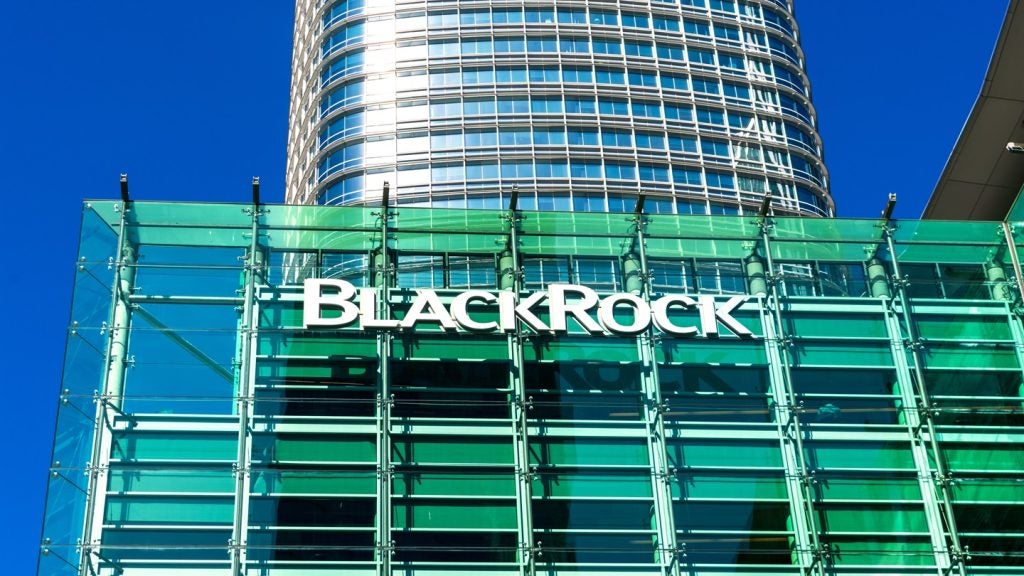The Middle East wealth management market
is struggling to find its feet again as it deals with a wavering
capital market, a lack of suitable investment products and
questions over whether Sharia-compliant solutions provide the
returns they promise.
These were the main points from a Middle East
roundtable convened by Private Banker International in
Dubai last month. The discussion focussed on where wealth
management opportunities lay for the region and forecasts for the
future (see below for links to PBI‘s in-depth
coverage).
In general, Islamic banking and
Sharia-compliant products and services were viewed as huge
potential markets that were being constrained by a lack of depth in
capital markets and a shortage of investment products that were fit
for purpose.
Emirates NBD Private Banking chief investment
officer Gary Dugan said currently there was a lack of confidence
among investors in the region, particularly in Dubai.
“There is a sense that it is never going to
improve and that Dubai will always have a real estate problem and
that the very weak credit growth will be there for the next ten
years,” Dugan said.
How well do you really know your competitors?
Access the most comprehensive Company Profiles on the market, powered by GlobalData. Save hours of research. Gain competitive edge.

Thank you!
Your download email will arrive shortly
Not ready to buy yet? Download a free sample
We are confident about the unique quality of our Company Profiles. However, we want you to make the most beneficial decision for your business, so we offer a free sample that you can download by submitting the below form
By GlobalDataCapital markets
underdeveloped
Jasper Capital Group group chief executive
Jason Peers suggested that the capital markets were underdeveloped
and regulators needed to strengthen regional stock and bond
markets, possibly even through the creation of Middle East-based
ratings agencies. These would add transparency and give local and
overseas investors more confidence to invest in the region, he
said.
Lloyds TSB International head of private
banking in Dubai Nigel Putt agreed that the Middle East market
needed to mature beyond an over-reliance on local capital.
“We need to see outside capital coming in to
replace the local capital and then the local capital can get
invested and then we can start to see the economy moving again,”
Putt said.
‘Dubai still a work-in-progress’
Dubai International Financial Centre (DIFC)
executive director for wealth management Sandy Shipton admitted
that the wealth management market in Dubai was still a
work-in-progress. But he said Dubai had made great strides as a
financial centre since the DIFC was formed five years ago.
“The world is changing and there is a massive
[global capital] shift from west to east,” Shipton said.
“This shift is very much within [Dubai’s] grasp
to be players as a global financial centre. We are well placed to
take this competition on.”
Shipton said the DIFC’s push to establish
itself as a hub for global family offices had been a success since
it was set up about 18 months ago. He expected Dubai to gain more
business as financial centres, notably the US, increased regulation
of the entities.
Investment product
shortage
A lack of suitable investment products
was one of the key stumbling blocks to the evolution of the Islamic
asset management industry, according to several roundtable
members.
The Sharia-compliant asset management industry
is estimated to be worth around $35bn in assets under management
around the world, with about $700bn estimated to be in Islamic
banking, with the bulk in Saudi Arabia.
BMB Group adviser to the chairman Navid Goraya
said the challenge right now was the lack of products that could be
offered for proper wealth solutions.
“It is difficult to target clients if you don’t
have the full range of products,” Goraya said.
Need for white label products
SEI Middle East senior executive Jahangir Aka
said choice was falling away among Sharia-compliant solutions. He
said this would continue unless private banks committed more funds
to make the products more viable.
He suggested a white label approach was
initially the best way for them to offer Sharia-compliant
investment options.
Putt warned that over selling and over
confidence was also a big risk for the Islamic industry as it
created certain levels of expectation.
“We have been trying to establish whether
Islamic asset management is a viable way of generating
outperformance.” Putt said.
“While it does well in certain market
conditions, as recently when the financial services sector was
particularly hard hit, we are less convinced that it naturally
gives a base for outperformance given that it can also carry higher
costs than non-Sharia-compliant solutions,” Putt added.







